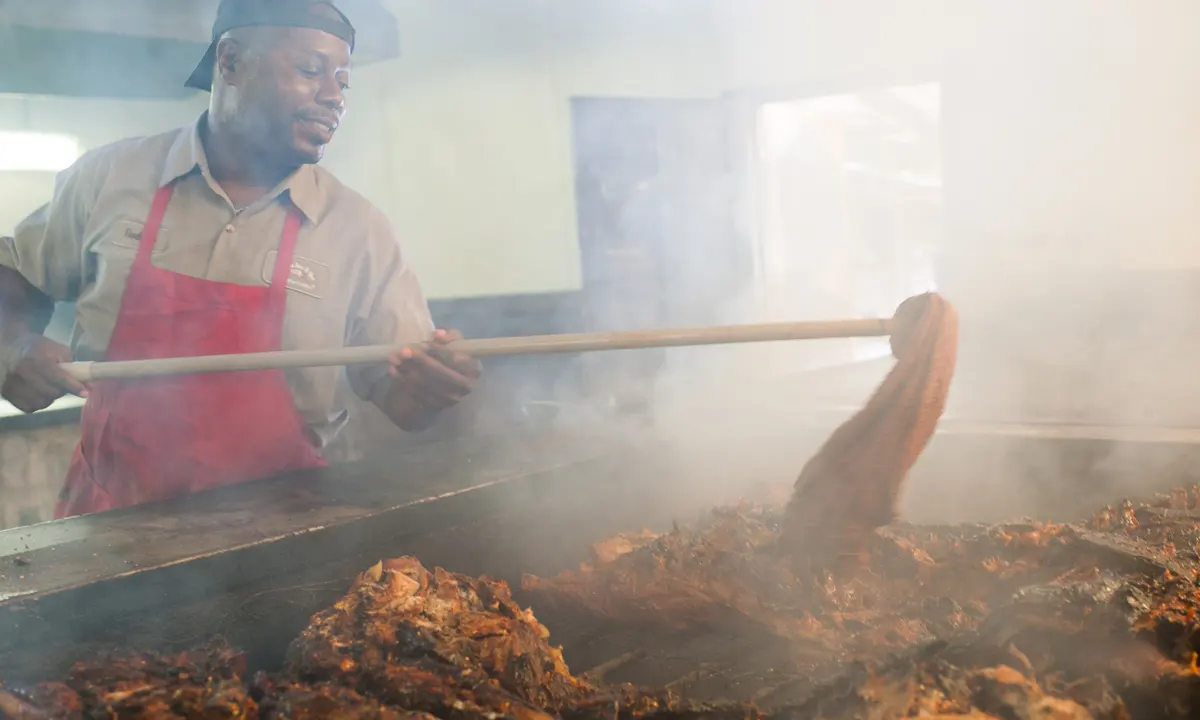EDITORIAL
Barbecue, an ancient method of food preparation, has become a global trend and a sought-after cuisine. This craze, however, has not benefited everyone equally. The recent rise in popularity of barbecue can be traced back to the 1990s when food media began to reframe it as a craft. This shift has been largely beneficial to white men who have since become the faces of the barbecue boom, while African American chefs who have long dominated the cuisine have been left behind.
Barbecue has a rich history deeply intertwined with place, people, and economics, particularly in the American South. The trend has led to the proliferation of American barbecue competitions and restaurants worldwide and has brought fame to its cooks and writers. However, the framing of barbecue as a craft has created a new generation of young white men who see it as a profession or side hustle. This shift has had unfortunate consequences for African American chefs who have long been the go-to cooks for barbecue cuisine.
The barbecue boom has been good for white people, particularly white men, but has not been as beneficial for African American chefs. This disparity is indicative of a larger issue within the food industry, where white entrepreneurs are often given more opportunities and recognition, while people of color are left behind. This is particularly frustrating given that many African American chefs have been instrumental in shaping the barbecue cuisine.
It’s imperative that the food industry starts to recognize the contributions and value of all chefs, regardless of their race. This can be achieved through initiatives that provide opportunities and recognition for underrepresented communities and by amplifying their voices in the media. Until then, the barbecue boom will continue to be a craft for some, but a curse for others.
In conclusion, while the trend of barbecue has brought much-deserved attention to the cuisine, it’s time for the food industry to examine the inequalities that exist within it. By acknowledging and valuing the contributions of all chefs, regardless of race, the industry can work towards creating a more inclusive and equitable future for everyone.
Read more:
















